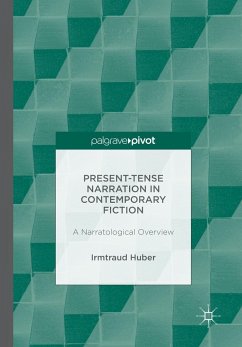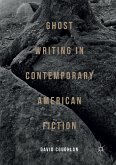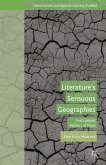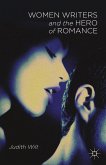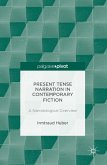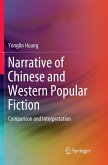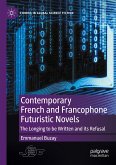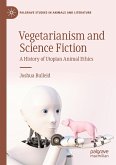In this book, Irmtraud Huber considers a wide range of contemporary novels to explore the variety of possibilities and effects of the use of the present tense, as well as investigating the reasons for its popularity. By illustrating the complexity and sophistication of four different types of contemporary usage, Huber¿s discussion goes some way towards refuting those critical voices which consider present-tense narration a passing fad and stylistic affectation. As a tense of narration, the present can serve to tell different stories than the past tense, or can tell them differently. By no means a passing fad, it is an important characteristic of contemporary literature.
"Present-Tense Narration in Contemporary Fiction provides its reader with a comprehensive survey of different usages of the present tense in contemporary narrative fiction which accounts for the diversity of individual narratives by sensibly eschewing any form-to-function mapping. ... Huber's study makes for an inspiring read which gives valuable food for thought to any literary scholar interested not only in concrete manifestations of present-tense narration, but also in major works of contemporary fiction." (Carolin Gebauer, Diegesis, Vol. 6 (1), 2017)

